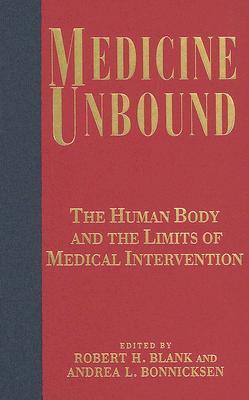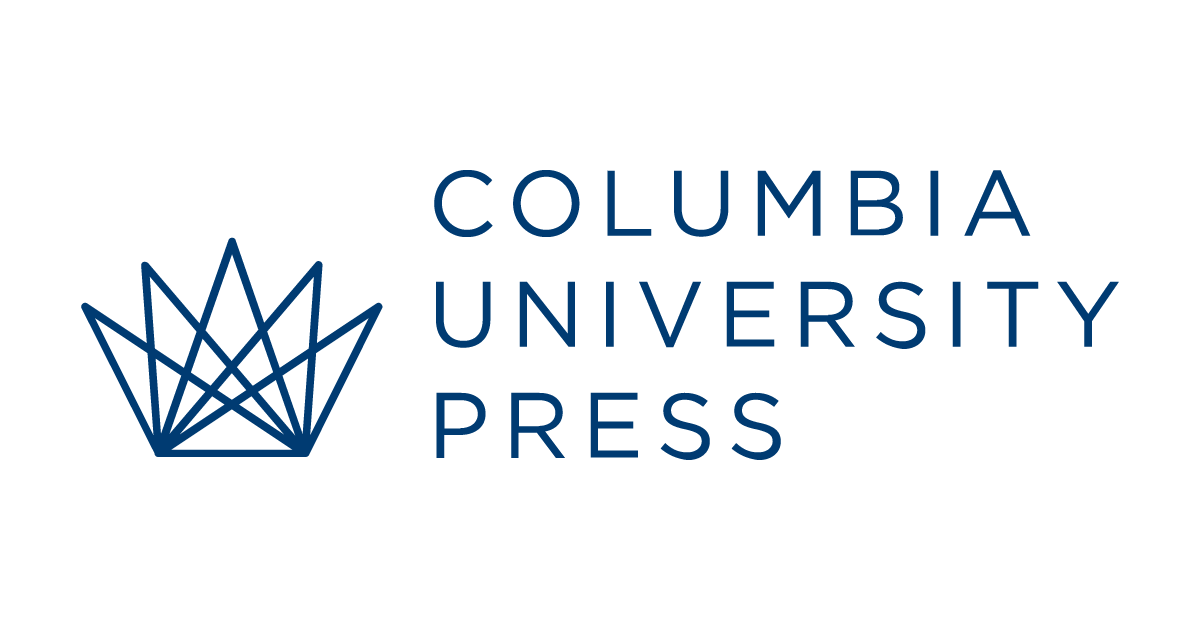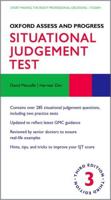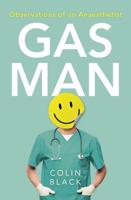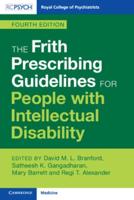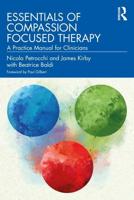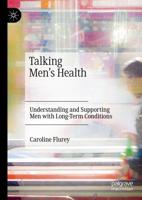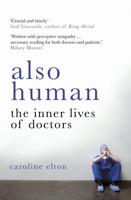Publisher's Synopsis
This volume focuses on issues involving the inviolability of the human body and the decision to end life. The contributors explore the difficulties in framing a public policy that legalizes aid in dying, and return to the more general question of what is the most fair and effective relationship between private medical authority and public policy.;In Part 1, biologists, ethicists, theologians and political scientists examine the issue of whether there ought to be limits to medical intervention. Although medicine has continually stretched the boundaries of intervention in the human body, new technologies of organ transplantation and genetics and the emergence of revolutionary drugs raise ethical concerns over how far we should go in moving from therapeutics to enhancement of the human body.;Questions of inviolability also arise in situations where treatment of the foetus requires intrusion into the bodily integrity of the pregnant woman. The contributors debate what is meant by inviolability and where, if ever, it should be a matter of public policy.;Part 2 brings together authors from bioethics, medicine, psychology, journalism and politics to examine the intensifying debate over the empowerment of patients in making decisions to end life.
